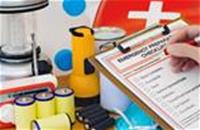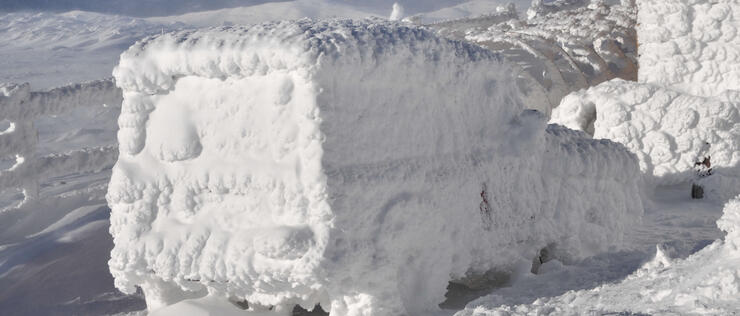Power outages can happen at any time, and their duration can be unpredictable. During a power outage, NTPC crews work to fix the problem and restore your electricity as quickly as possible.
Power outages are caused by many different events including electrical storms, windstorms, vehicle accidents, birds or animals coming into contact with the electrical system, and equipment failure. If you are prepared, a power outage will not be a major inconvenience.
Be Prepared for Power Outages
There may be times when power can't be restored right away and it's unavailable for a few hours, a day or more. Find out how to prepare for power outages below or visit www.getprepared.gc.ca.
Using the checklists below, you can prepare your home and your family to remain comfortable and safe during a power outage.
If you experience a power outage
First, check whether the power failure is limited to your home. If your neighbour's power is still on, check your circuit breakers or fuse box.
If the power outage is neighbourhood-wide, call NTPC. Tell us about the outage so we can send the right crews and equipment to the right location.
Call NTPC: 1-800-661-0855
Before an outage
- Make a plan of action with everyone in your household
- Have local emergency contact numbers on-hand
- Create an emergency kit
- Regularly check the batteries in your smoke detectors
- Protect sensitive electrical equipment (computers, DVD players, televisions, etc.) by installing surge protectors
If someone in your family needs life sustaining equipment, please read the "Safety with Generators" section. Never connect a generator to your home power supply without the proper equipment.
 Family Emergency Kit
Family Emergency Kit
It's best to be prepared for a minimum of 72 hours.
Put together a household emergency kit with the following items:
- Flashlights (hand cranked are recommended)
- Radios and batteries (or a hand cranked radio)
- Candles and matches (protect from children)
- Non-perishable and ready-to-eat foods
- Bottled water
- Manual can opener
- Warm clothing and blankets
- First aid kit
- Games, cards, and books
- Emergency contact numbers
During an outage
- Turn off all the lights except for one inside and one outside your home. Turn off your appliances, light switches, and entertainment units
- Try to keep your refrigerator and freezer closed to keep your food from spoiling
- If you're driving, use extreme caution and prepare for traffic delays. Remember to treat all intersections as a four-way stop
- Never use a camp stove, barbecue, or propane/kerosene heater indoors. Deadly, odourless carbon monoxide gases can build up and kill you
- Candles can be a fire hazard. Flashlights are a better alternative
After an outage
- Expect a momentary power fluctuation when electricity is restored. Wait a few minutes before turning on sensitive electronic equipment
- Check your refrigerator and freezer to make sure they have power. Dedicated circuit breakers for larger appliances can turn off sometimes when the power goes out, particularly during an electrical storm
- Reset your clocks, automatic timers, and alarms
- Restock your emergency kit with anything you may have used
For more information on how to be prepared for any emergency visit Public Safety Canada's website: www.getprepared.gc.ca

